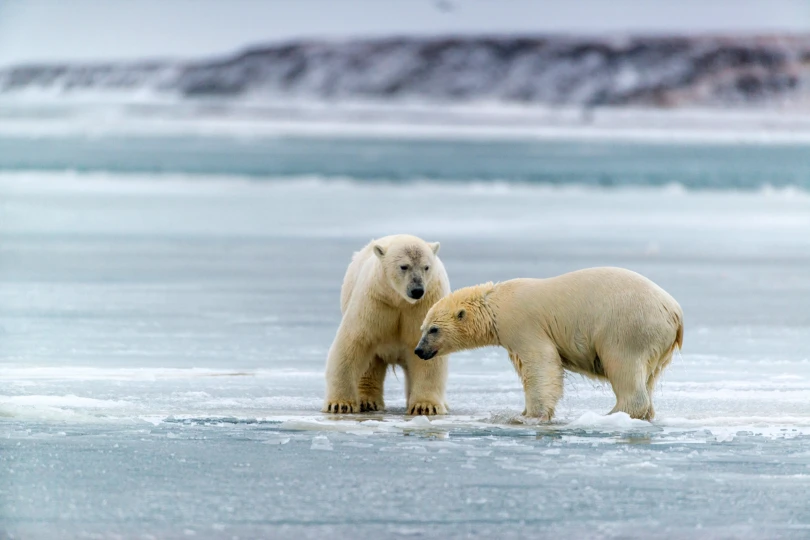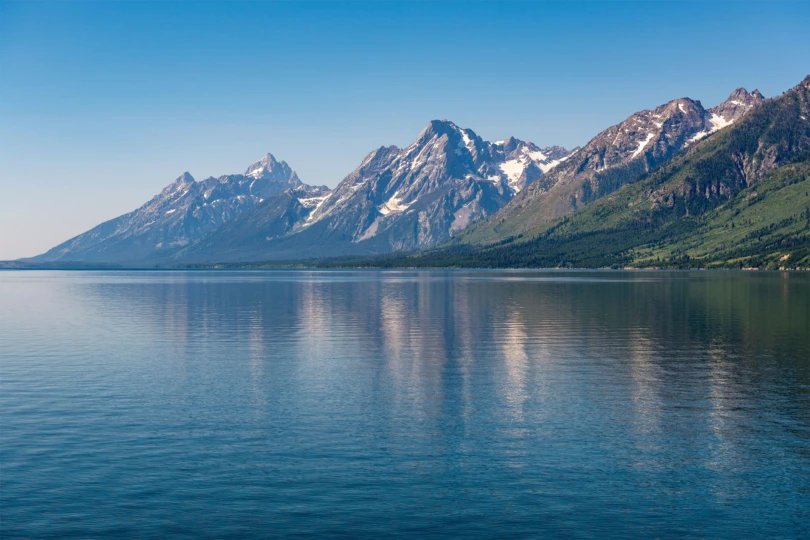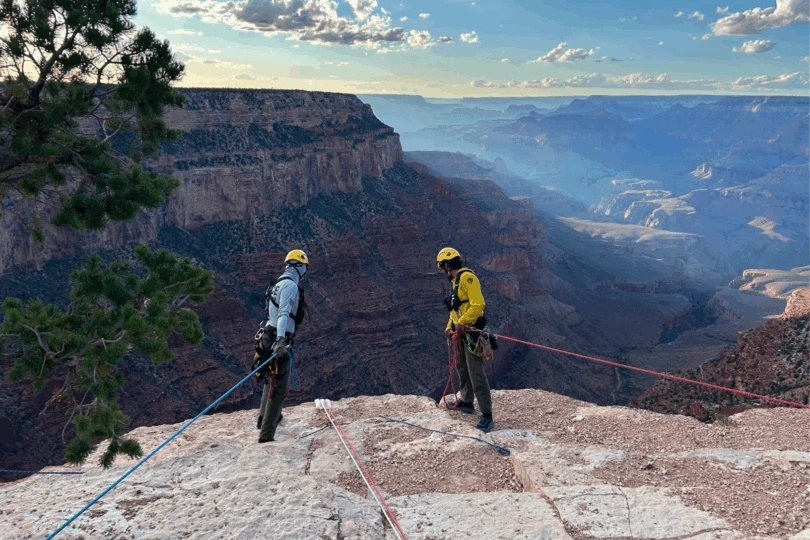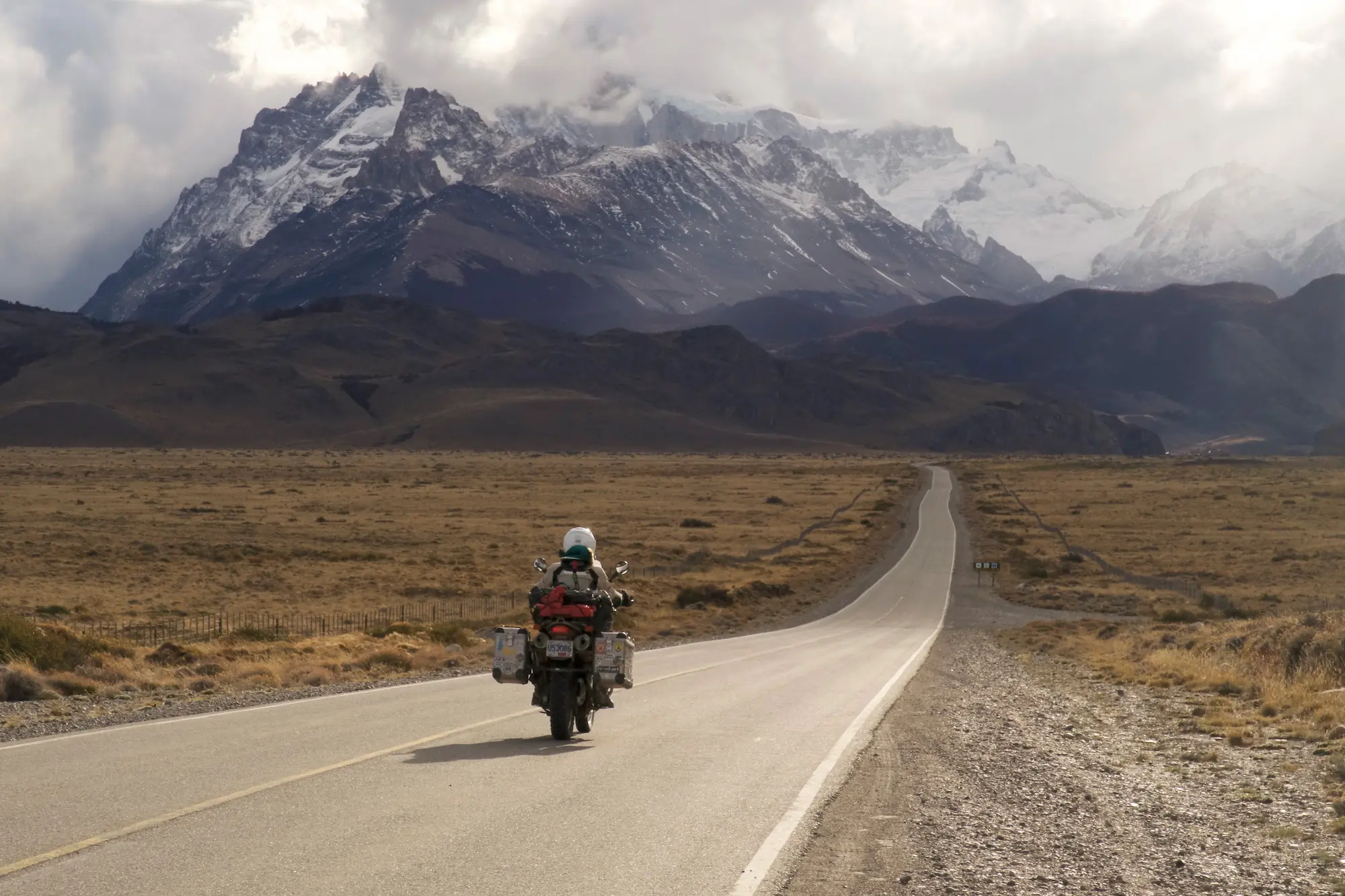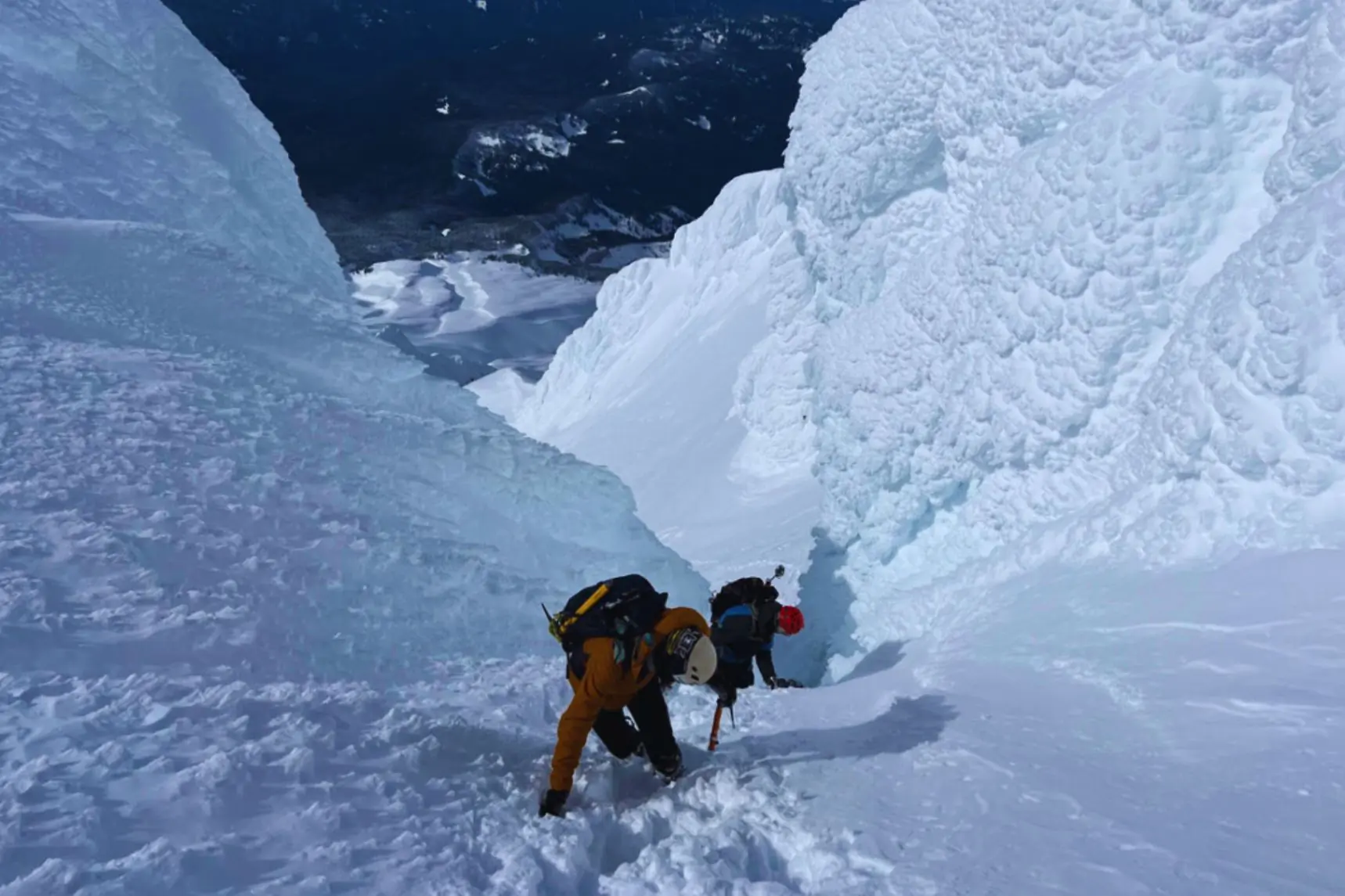A casual Thanksgiving Day hike up Mount Marcy, New York’s tallest peak, turned into a lesson in winter preparedness.
On the afternoon of Nov. 25, three sneaker-wearing hikers found themselves atop a snow-capped Mount Marcy, and they were lost.
The party had reached the highest summit in the Adirondack range, but they hadn’t expected the terrain and temperature to change with the elevation gain, and they weren’t dressed for the occasion. The sun was waning, and the temps were dropping quickly.
So, they phoned forest rangers at the local Department of Environmental Conservation. But what might have been an easy up-and-back operation morphed into a 5-hour-long search, according to the rescue report, published last week.
“The hikers could not read a map properly, making it more difficult for rangers to pinpoint their location,” it read.
Rangers finally located the group at 10 p.m. local time and subsequently exited the party back to their cars.
The hikers expressed discomfort and extremely cold feet but were found in good general health.
Winter Hiking Safety on Mt. Marcy and Elsewhere

Though the cast of characters and details are unique, the moral of the Mount Marcy rescue story is all too frequent and familiar. Under slightly worse weather conditions, the consequences could have been dire.
The Adirondack Mountain Club (ADK) is a nonprofit organization that works with New York state to promote responsible outdoor recreation in Adirondack Park. The site offers an extensive collection of free educational resources, including comprehensive guides for every season.
Below is a condensed list of tips taken from the ADK’s guide to winter hiking.
- Wear winter hiking boots, eye protection, and extra layers (avoid cotton base layers)
- Use snowshoes or skis and snow gaiters; bring crampons or microspikes for traction on ice
- Pack a headlamp and extra batteries
- Bring more food and water than you think you need, but avoid hydration bladders and water filters, which are prone to freezing and cracking
- Pack an emergency blanket or sleeping bag and pad in case of unexpected weather or delays
- Don’t be too proud to turn back in whiteout conditions
- Know the signs of hypothermia and frostbite
- Research the trails before heading out
- Provide someone with a copy of your itinerary
- Register at the trailhead whenever possible
For the organization’s complete library of safety tips at adk.org, and check with local parks and conservation departments for resources before heading out into unfamiliar territory.




